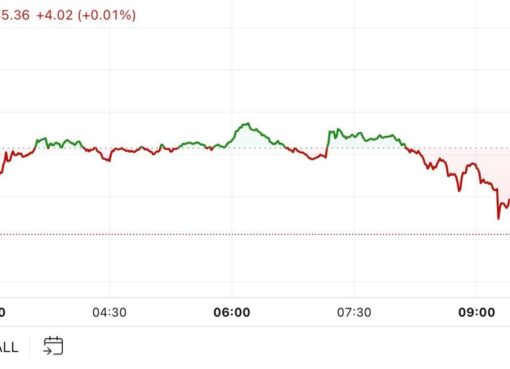South Korea’s Ministry of Economy and Finance has declared that from next year, it will be introducing new measures to impose taxes on cryptocurrency holdings. This move comes after South Korea has already established a legal framework for crypto.
According to new regulations by the South Korean government, the country will now be imposing taxes on capital gains from virtual transactions of digital currencies. The information was shared by government sources last week.
One South Korean ministry official said that discussions related to cryptocurrency and its future in the country have been taking place and that the revised bill will be drafted and implemented by the first few months of next year. In the South Korean National Assembly, a debate to pass the crypto tax bill has already started.
Currently, the South Korean government is exploring different ways of regulating cryptocurrency in the country. A subcommittee has been discussing whether the transparency bill, which requires a stronger transparency control over transactions of digital assets, will pass or not. The passage of the bill in the Assembly’s plenary session would mean that it would become effective a year after the declaration that proper regulation is finalized.
However, the decision to pass a tax on capital gains of virtual currencies will be happening regardless of the future of this bill. One challenge that the government is facing regarding its discussion is that there is no precise definition of virtual assets, which is an issue that has to be discussed and an unanimously agreed upon definition has to be produced if they intend to regulate crypto.
Crypto Capital Gains Similar to Stock Capital Gains?
Another clarification that the government of South Korea will have to make in order to impose the crypto tax is to decide if the capital gains coming from virtual currency trading and transactions are the same as capital gains that are being produced from trading of stocks or real estate businesses.
If the government decides that capital gains from both cases are similar to each other, then the South Korean government will consequently have to obtain trading records from digital currency exchanges to be able to impose appropriate taxes on virtual currency’s capital gains.
The bill under discussion will require cryptocurrency exchanges and other virtual currency trading platforms to keep thorough records of their individual users that will be made available for the government to access. However, unlike share prices in stocks, the prices of cryptocurrencies can still vary on different crypto platforms, making it difficult to calculate the accurate market price of individual digital assets such as the Bitcoin price, the most popular cryptocurrency.




